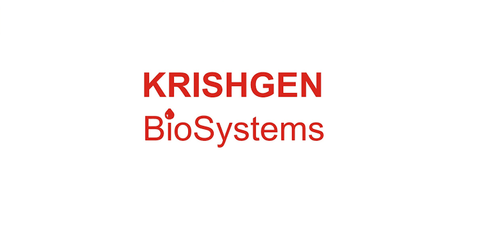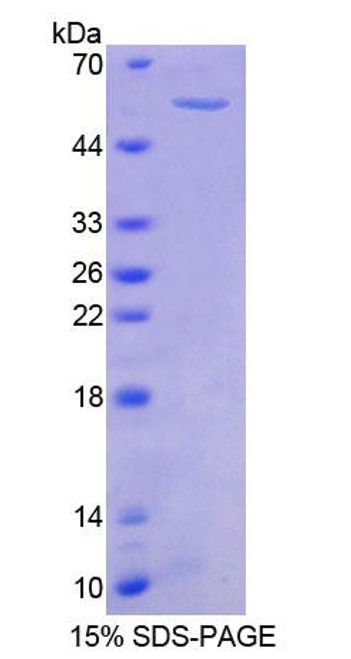Product Description
Human Protein-tyrosine kinase 2-beta (PTK2B) ELISA Kit | AE25171HU | Abebio
Species Reactivity: Human (Homo sapiens)
Abbreviation: PTK2B
Alternative Name: CADTK; CAKB; FADK2; FAK2; PKB; PTK; PYK2; RAFTK; CAK beta|calcium-dependent tyrosine kinase|cell adhesion kinase beta|focal adhesion kinase 2|proline-rich tyrosine kinase 2|protein kinase B|protein
Application: ELISA
Range: 25-1600 pg/mL
Sensitivity: 6.25 pg/mL
Intra-Assay: ≤4.0%
Inter-Assay: ≤7.5%
Recovery: 0, 95
Sample Type: Serum, Plasma, Other biological fluids
Detection Method: Sandwich
Analysis Method : Quantitive
Test Principale: This assay employs a two-site sandwich ELISA to quantitate PTK2B in samples. An antibody specific for PTK2B has been pre-coated onto a microplate. Standards and samples are pipetted into the wells and anyPTK2B present is bound by the immobilized antibody. After removing any unbound substances, a biotin-conjugated antibody specific for PTK2B is added to the wells. After washing, Streptavidin conjugated Horseradish Peroxidase (HRP) is added to the wells. Following a wash to remove any unbound avidin-enzyme reagent, a substrate solution is added to the wells and color develops in proportion to the amount of PTK2B bound in the initial step. The color development is stopped and the intensity of the color is measured.
Product Overview: Protein tyrosine kinase 2 beta is a cytoplasmic protein tyrosine kinase which is involved in calcium-induced regulation of ion channels and activation of the map kinase signaling pathway. The encoded protein may represent an important signaling intermediate between neuropeptide-activated receptors or neurotransmitters that increase calcium flux and the downstream signals that regulate neuronal activity. The encoded protein undergoes rapid tyrosine phosphorylation and activation in response to increases in the intracellular calcium concentration, nicotinic acetylcholine receptor activation, membrane depolarization, or protein kinase C activation. This protein has been shown to bind CRK-associated substrate, nephrocystin, GTPase regulator associated with FAK, and the SH2 domain of GRB2.
Stability: The stability of ELISA kit is determined by the loss rate of activity. The loss rate of this kit is less than 5% within the expiration date under appropriate storage condition. The loss rate was determined by accelerated thermal degradation test. Keep the kit at 37°C for 4 and 7 days, and compare O.D.values of the kit kept at 37°C with that of at recommended temperature. (referring from China Biological Products Standard, which was calculated by the Arrhenius equation. For ELISA kit, 4 days storage at 37°C can be considered as 6 months at 2 - 8°C, which means 7 days at 37°C equaling 12 months at 2 - 8°C) .
 Euro
Euro
 USD
USD
 British Pound
British Pound
 NULL
NULL








